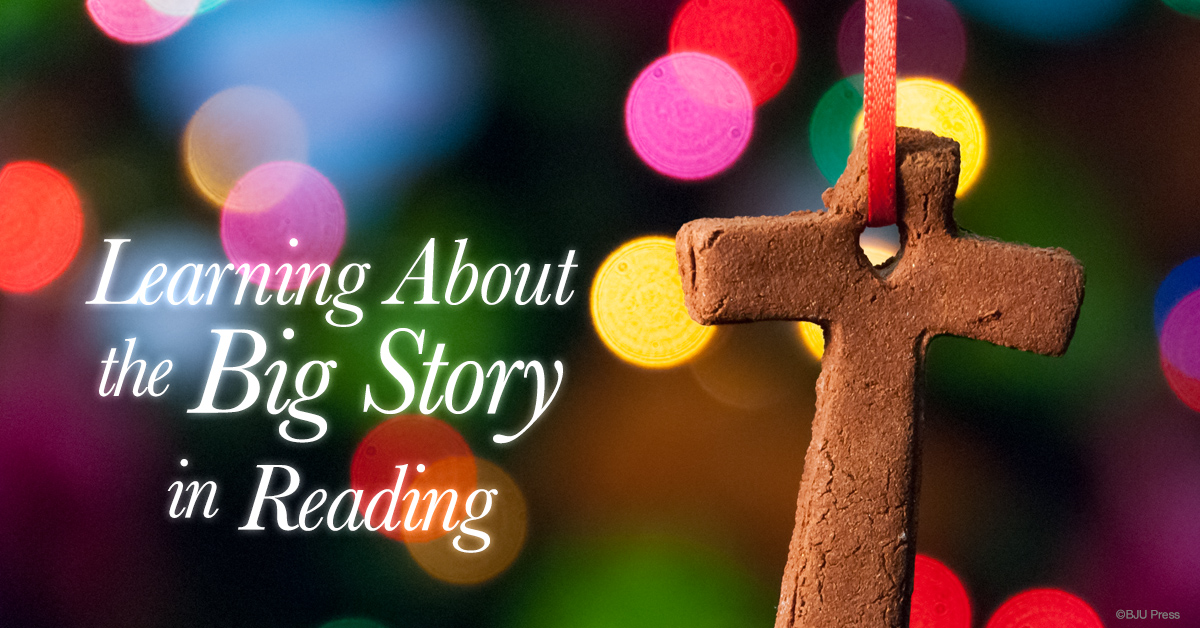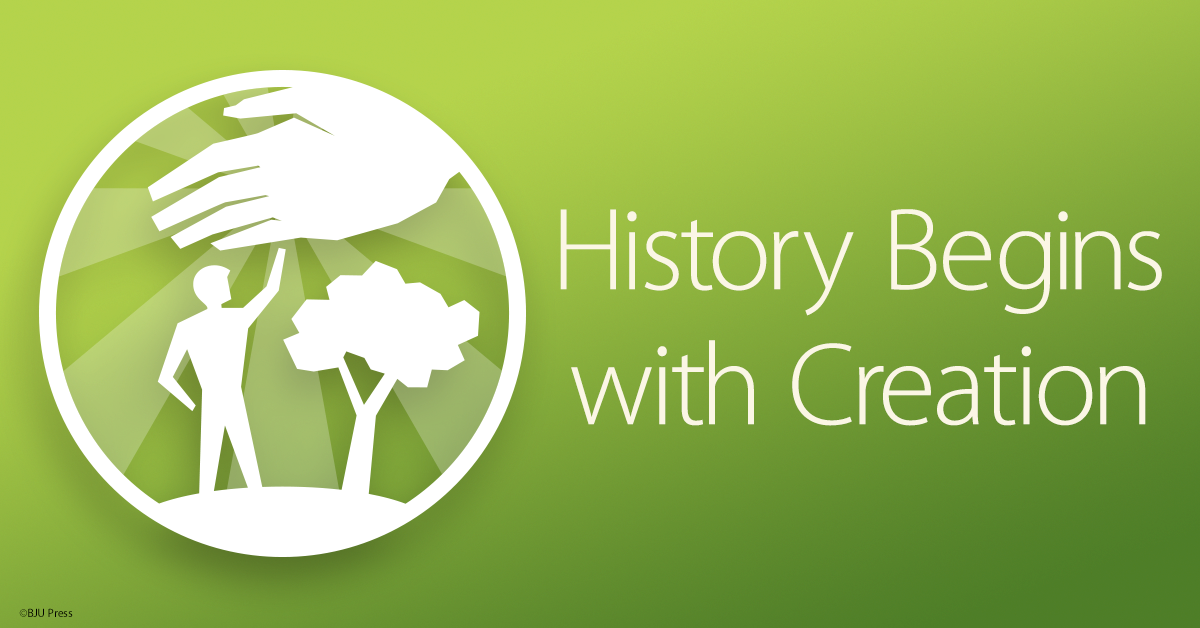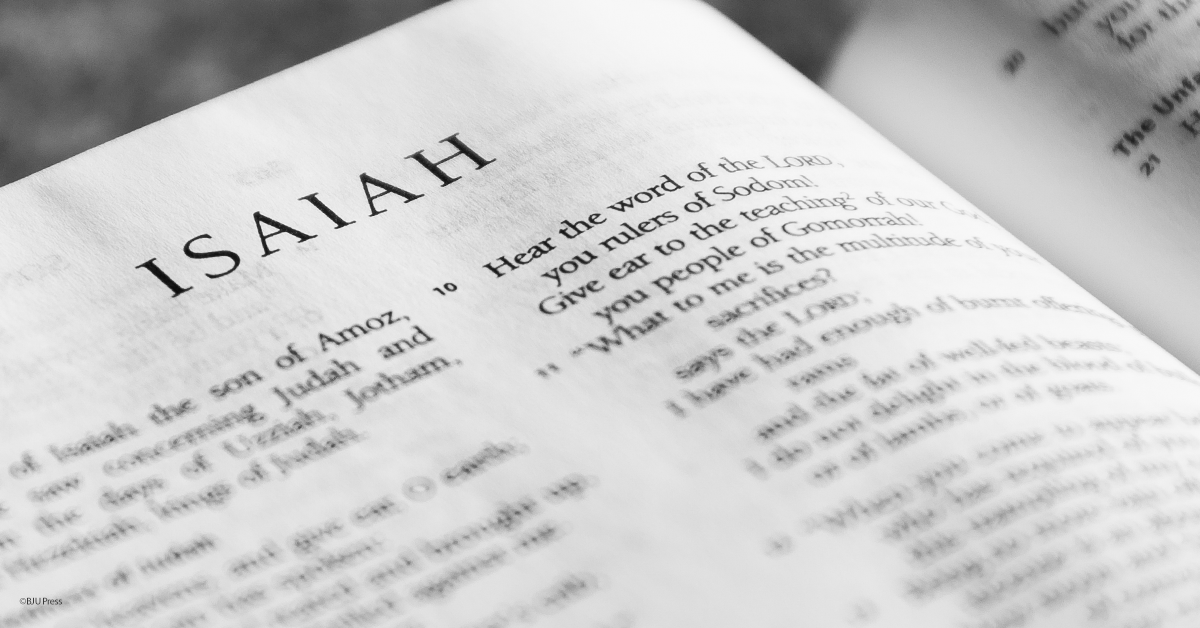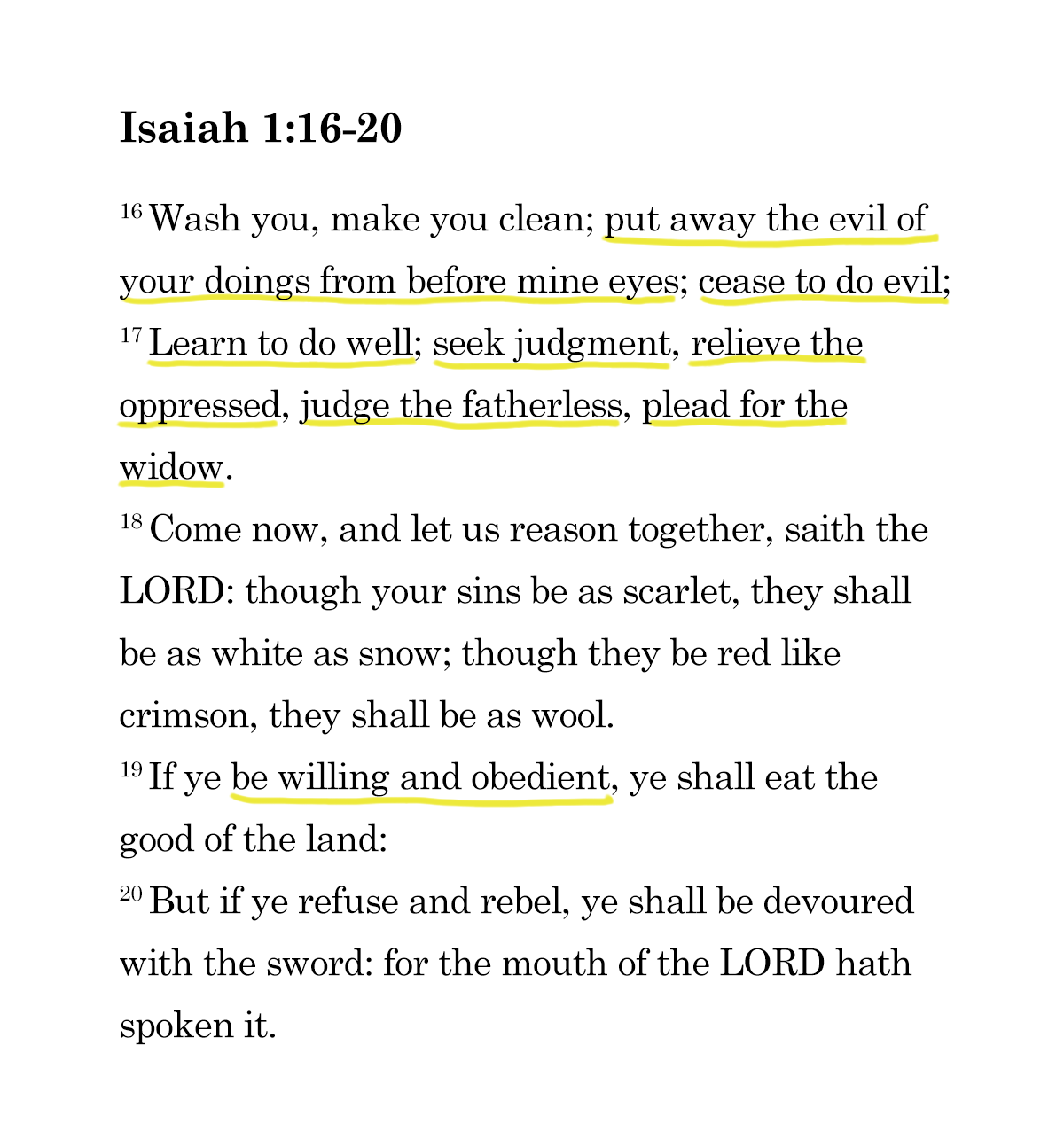
Icing on the cake. We use this phrase to indicate that something good has been added to something that is already good. There’s no change to the thing being added to, but it makes the thing extra nice.
In her book Total Truth, Nancy Pearcey uses this metaphor to describe a mistake that many Christian educators make. They’re trying to change the educational cake to make it Christian by adding the icing of prayer and devotionals, but the core of the material covered doesn’t change. It’s the same secular education that public schools peddle.
So often Christians take something that is fundamentally secular and spread the Bible on it like icing on a cake. But it isn’t a good cake to start with; it’s poison.
When we decide to educate our children at home, we may do it because we want them to have a wholesome atmosphere. Or we want to personally teach them the gospel and challenge them to walk according to God’s Word. But what about the academic education we’re giving them? Is it a biblical cake? Or have we merely added icing to the secular cake?
Christianity on the Surface
As Christian homeschool families, we should try to make sure the education our children receive is Bible based. We don’t teach evolution as science, which is very important. But beyond observing that God created all things, is our teaching different from what they would hear in a public school classroom?
Here are some attempts at making teaching Christian that I’ve observed. As you read through them, ask yourself if they’re using a new recipe or only adding a devotional layer to the teaching.
- “The plus sign looks like a cross, so every time we do addition we can think about Jesus dying on the cross for us.”
- “We have to have consistency in verb tense. Remember that we should be consistent in our Christian lives.”
- “Caterpillars go through a process called metamorphosis to become butterflies. Just like caterpillars, Christians are transformed at salvation.”
In each of these examples, the academic subject is used as an opportunity to consider something Christian. It’s not that such analogies related to math, grammar, and science are bad or wrong. The problem is that they’re merely icing on the cake. The subject matter is still the same; we’ve just added something on the surface that is biblical.
Beneath the Surface
What will happen if we fail to remake the teaching of a subject? What if we only make analogies when we stop talking about history or language arts to talk about the Bible? If we continue to teach coursework in a similar way to the public school down the road, we’ve failed to approach all learning from a biblical starting point. We’re adding Christian icing to the secular cake. And if you start with a poisonous cake, good frosting isn’t going to fix it.
As our children get older, they’ll recognize that the icing can be removed and they’ll still have the same secular cake. Math, language arts, science, and history all work without the icing that we spread on top of the subjects. Perceptive children will see that they can drop God’s authority in their lives and still use math, science, and other subjects.
Take math as an example. Our children must learn that our use of math is subject to God. If not, they may believe that they can use math without submitting themselves to the Lord, using it fraudulently instead of lovingly. They need to understand that we use tools like math to follow God’s commands to rule over God’s good creation in ways that are in keeping with His law.
That’s why we need to go beyond just adding icing onto the cake. We need to use a new recipe for a new cake—that is, learning transformed by the Word of God.
Worldview Shaping
We transform learning through biblical worldview shaping. In future posts, I’ll explore what worldviews are and provide a model that helps us use the Bible to transform our children’s education.
In the meantime, think about your children’s education at home. Are you using a new recipe for their cake or putting icing on a secular cake?




